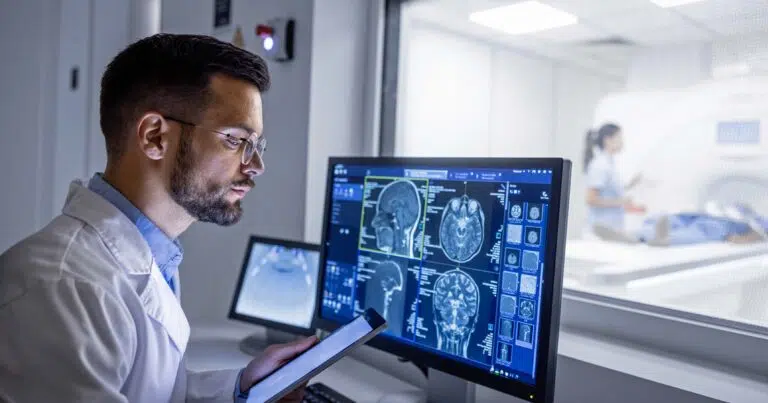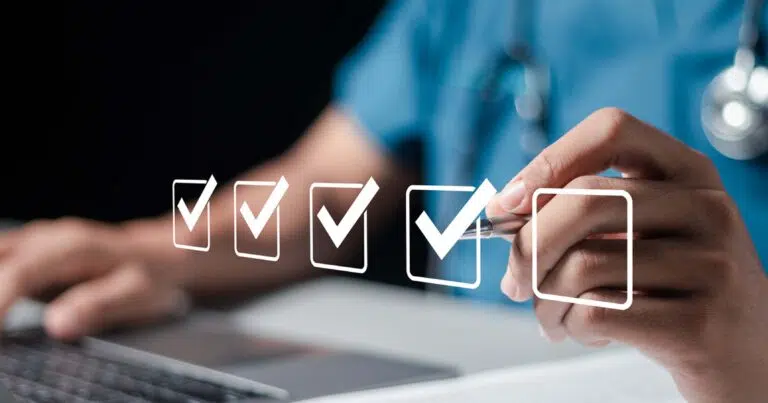Multi-modality Technologist Career Guide
Looking for a different career guide?
Overview
A Transport Multimodality Technician, often referred to as a Patient Transporter, plays a vital role in the healthcare system by ensuring the safe and efficient movement of patients within a medical facility. These professionals are responsible for transporting patients between different departments, such as from their rooms to radiology, surgery, or other treatment areas. Additionally, they assist in transferring patients to and from beds and chairs, making sure that patients are comfortable and secure during transit. Their primary focus is on maintaining patient safety and providing support during what can often be a stressful experience.
Education
The educational requirements for becoming a Transport Multimodality Technician are relatively minimal. Typically, a high school diploma or equivalent is sufficient to enter this field. However, some employers may prefer candidates with additional training in patient care or customer service. While formal education beyond high school is not mandatory, it can enhance job prospects and provide valuable skills for the role.
Qualifications

Skills
Successful Transport Multimodality Technicians possess a combination of hard and soft skills. They need physical stamina and the ability to lift and move patients safely, often using specialized equipment such as stretchers or wheelchairs. Attention to detail is crucial to ensure that patients are correctly identified and transported to the right location.
Interpersonal and communication skills are also vital in this role. Technicians must interact with patients, families, and healthcare staff daily. Compassion, patience, and the ability to maintain a calm and reassuring demeanor, especially in stressful situations, are highly valued attributes.
Responsibilities
The primary responsibility of a Transport Multimodality Technician is to transport patients safely and efficiently within a healthcare facility. This includes ensuring that patients are correctly identified and that their medical records match their destination. Technicians must adhere to infection control practices to prevent the spread of diseases and maintain a clean and organized work environment.
In addition to patient transport, they may be responsible for maintaining and cleaning transport equipment, such as wheelchairs and stretchers. Technicians also collaborate with nursing and other healthcare staff to prioritize patient transfers and provide assistance during emergencies or code situations.
Salary Insights
The average salary for a Multi-modality Technologist is $2,381.44 per week.
Last updated on March 27, 2025. Based on active jobs on Vivian.com.
Pros & Cons
Pros:
Entry-Level Opportunity: Becoming a Transport Multimodality Technician typically requires minimal educational requirements, making it accessible for individuals without extensive formal education.
Contribution to Patient Care: Technicians play a crucial role in ensuring that patients receive the necessary care and treatments by facilitating their movement within the facility.
Valuable Skills: The job provides opportunities to develop essential interpersonal and customer service skills, which can be valuable in various healthcare and non-healthcare settings.
Steady Demand: The need for patient transport services remains consistent in healthcare facilities, offering job stability.
Cons:
Physically Demanding: The job can be physically demanding, requiring frequent lifting and pushing of patients and equipment, which may lead to fatigue or strain.
Emotionally Taxing: Transport Multimodality Technicians may witness patients in vulnerable states or distress, which can be emotionally challenging.
Shift Work: Many healthcare facilities operate around the clock, so Technicians may need to work evenings, weekends, and holidays, potentially affecting work-life balance.
Limited Advancement: Career growth opportunities
Some of the content on this page was enhanced using artificial intelligence.
Join over 1 million healthcare workers that are getting a head start with Vivian.
Join Vivian





